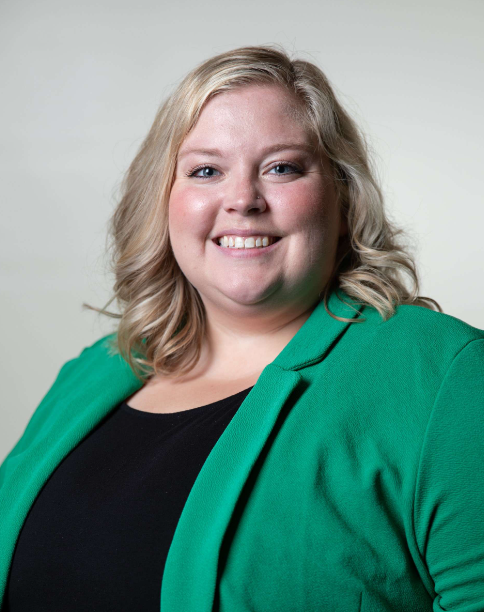
By ALEXANDRA MIDDLEWOOD
Insight Kansas
In 2021, in the aftermath of unfounded accusations of election fraud, the Kansas legislature passed a series of laws making it harder for citizens to vote. One bill, HB 2183, included a false representation provision, which made it a felony for an individual to “represent oneself as an election official” or “engage in conduct that gives the appearance of being an election official”.
This bill effectively limited voter registration drives in the state.
From the beginning, this bill sparked great concern among nonpartisan voter advocacy organizations — like the League of Women Voters who challenged the bill in court — as it relies on individual understanding (or misunderstanding).
For example, if a group was running a voter registration drive at a local farmer’s market, even if they did nothing to indicate they were an election official, one person’s misunderstanding that the group was representing such an official could result in felony charges.
Clearly, this law is overly broad and incredibly vague.
The Kansas Supreme Court agreed, concluding that the law criminalizes “honest speech” that may be protected as political speech under the Kansas Bill of Rights. The Court ruled that the law would be blocked until further court hearings could take place and their language seemed to indicate that the law very likely violates the state constitution.
This is a huge win for voter advocacy groups across the state.
It’s also a huge win for democracy.
Laws that suppress voter registration make it harder for eligible Kansans to participate in elections. which undermines free and fair access to the ballot box.
These strict voting rules also make voting disproportionately difficult for communities of color and other marginalized groups — the poor, the less educated, those who have criminal records — and those who are new to the voting process like young people and new immigrants. One pillar of democracy is the holding of free and fair elections that allow voters to choose their representatives. But voter suppression laws shift that power and allow for representatives to choose their voters by creating more barriers to the ballot box, especially among underrepresented groups.
Voter registration drives are democracy in action, and I can’t wait to see them return in full force this fall.
You may even catch me at my local farmer’s market or walking around WSU’s campus wearing the “ask me how to register to vote” t-shirt I bought to celebrate the Court’s ruling.






